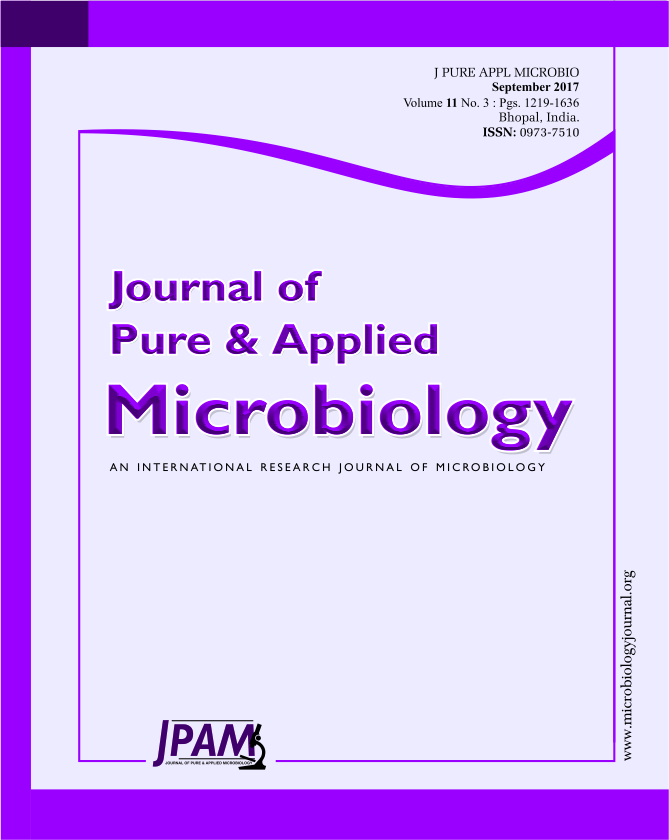Contamination of soil / water resources by petroleum products poses severe threats to underground water and soil quality. In the present study biosurfactant producing bacterial cultures were used to degrade petrol engine oil under in situ conditions in the plant rhizosphere system. Two bacterial isolates used in this study were recovered from Haldia oil refinery site & petrol station of Pantnagar and identified as Pseudomonas aeruginosa (JX100389) and P. plecoglossicida (JX149549). Application of consortium C2, (Pseudomonas aeruginosa and P. plecoglossicida) degraded 56.14% petrol engine oil @ 2% in the soil planted with wheat (Triticum aestivum var. 2565) crop after 120 days. GC-MS of biodegraded fuel showed the presence of new product like octanoic acid-2-ethylhexyl ester and 1, 2-benzenedicarboxylic acid.
Biophytoremediation; biosurfactant; consortium; bioavailability.
© The Author(s) 2017. Open Access. This article is distributed under the terms of the Creative Commons Attribution 4.0 International License which permits unrestricted use, sharing, distribution, and reproduction in any medium, provided you give appropriate credit to the original author(s) and the source, provide a link to the Creative Commons license, and indicate if changes were made.


